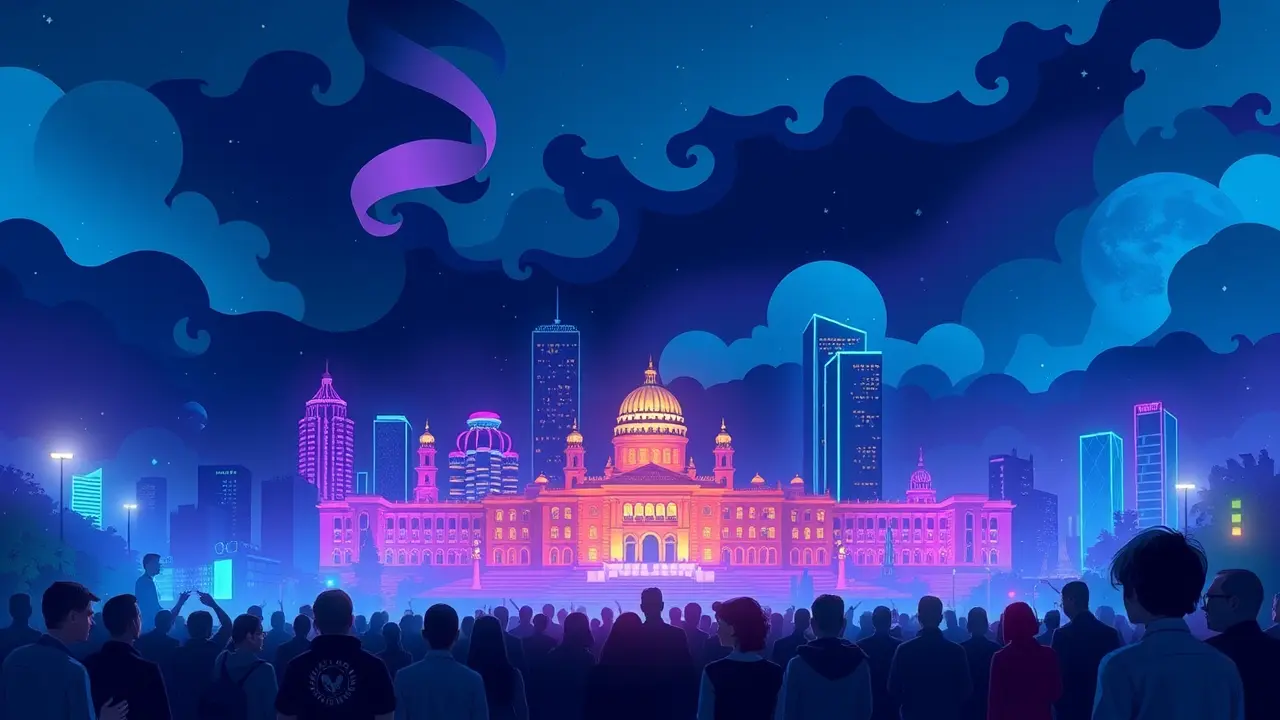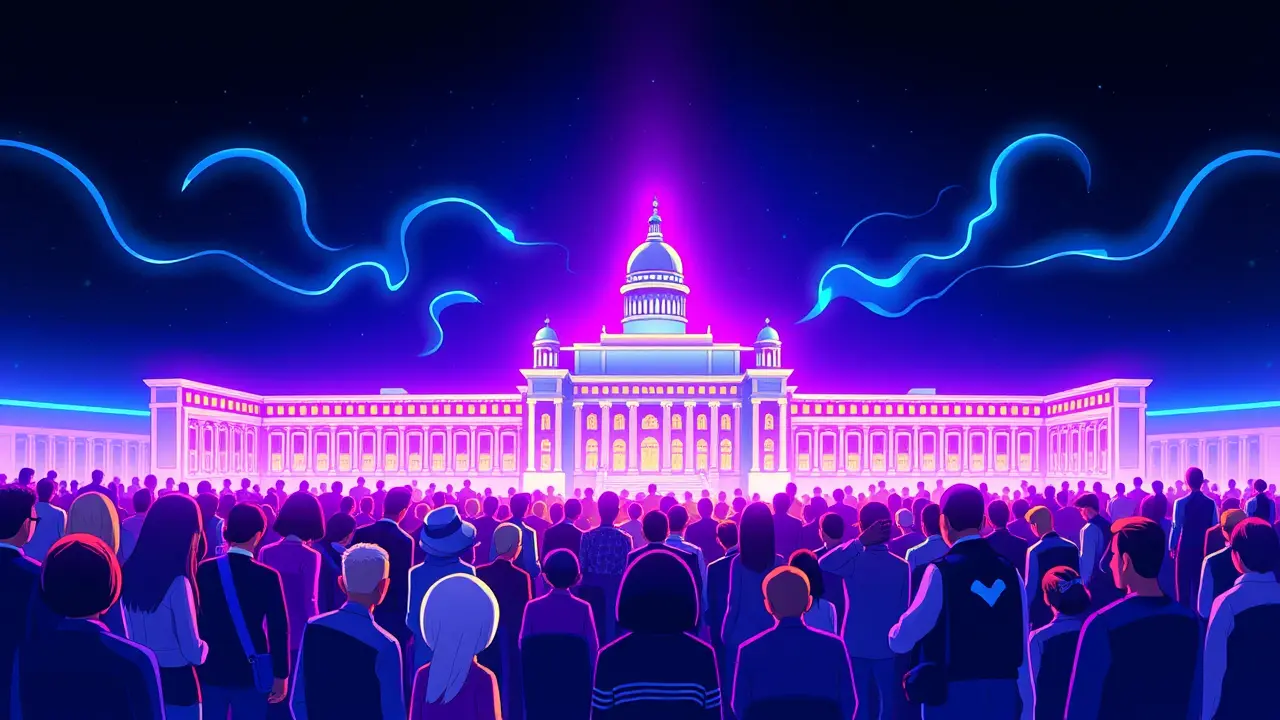
Politicshuman rightsRefugees and Migration
South Africa Rebuffs US Proposal to Grant Afrikaner Refugee Status
RO
Robert Hayes
2 days ago7 min read
The South African government has delivered a swift and definitive rejection of a United States initiative to classify white Afrikaners as refugees, a proposal that has ignited a significant diplomatic dispute. In a strongly worded official statement, the African National Congress-led administration condemned the foundational logic of the plan, which relies on the widely discredited and contentious assertion of a 'white genocide' occurring in the country.This confrontation transcends a simple policy clash, representing a deeper struggle over the narrative of South Africa's post-apartheid evolution. The controversy draws a stark historical line from the suffering of Afrikaners in British concentration camps during the Anglo-Boer War to the present-day political exploitation of ethnic identity for international gain.Notably, leading Afrikaner figures and intellectuals within South Africa have publicly repudiated the American proposition, with many labeling the plan—reportedly supported by allies of former President Donald Trump—as misinformed and rooted in a racist, paternalistic view of their community. This creates a paradoxical scenario where an external power is advocating a narrative of persecution that the purported beneficiaries themselves deny.The South African government's position is anchored in constitutional and demographic facts. While recognizing the legitimate economic concerns of some white citizens, particularly around land reform and employment equity policies aimed at rectifying apartheid-era injustices, officials point to crime and socio-economic data demonstrating that violence disproportionately impacts all races in poverty-stricken areas, rather than constituting a state-led campaign of ethnic eradication.The application of the term 'genocide,' which carries a specific legal definition under the UN Convention, is seen as a profound mischaracterization of South Africa's reality. Granting such a designation, Pretoria argues, would not only devalue the term but also undermine the nation's fragile, decades-long project of reconciliation.The ramifications of this diplomatic row are extensive. Internally, the foreign intervention risks exacerbating racial tensions, potentially bolstering marginal far-right Afrikaner factions while provoking resentment among the Black majority, who may perceive it as an attempt to legitimize apartheid-era grievances on the world stage.On the international front, it further strains the already tense relationship between South Africa and the United States, tested by Pretoria's non-aligned foreign policy and its growing alliances with BRICS nations. Analytically, the episode reveals a struggle over narrative control, illustrating how domestic political battles in the United States are being projected onto South Africa's complex social landscape. The unified rejection from both the South African state and prominent Afrikaner voices serves as a critical lesson: nations resist simplistic framing, and externally imposed solutions, devoid of local context and nuance, are destined to fail and often intensify existing conflicts.
#featured
#South Africa
#United States
#Afrikaners
#refugees
#white genocide
#diplomacy
#human rights
Stay Informed. Act Smarter.
Get weekly highlights, major headlines, and expert insights — then put your knowledge to work in our live prediction markets.
Related News
Comments
It’s quiet here...Start the conversation by leaving the first comment.
© 2025 Outpoll Service LTD. All rights reserved.











